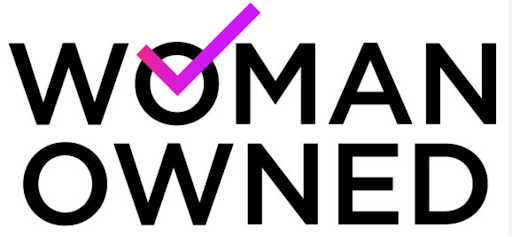By Virginia Scripps

It’s inspiring to read that 40-42% of all U.S. businesses are women-owned, depending on the source. According to WBENC, the powerhouse organization comprising over 400 of the nation’s largest corporations, 13 million US companies are owned by women. A Yelp trend report found women opened more new businesses last year than ever before – a 17% increase. And Yelp searches for women-owned businesses more than doubled last year.
With women’s ownership levels edging ever closer to men’s, some may ask if it’s still important to proclaim your status as a woman-owned business and go through the mountain of paperwork required to get an official designation. As a company owner with SBA Woman Owned Business (WOSB) certification, I value having gone through the process. This is largely because my company works in the advertising and entertainment sectors.

Advertising, unfortunately, falls far behind national averages in the US, with women owning less than 1% of the 14,000 ad agencies in America. How could this notoriously progressive industry be so far behind on such an important metric of equality and equity, when so much ad industry messaging proclaims a commitment to inclusion? There is no ready answer. Plenty of women are seen in agency management and key staff positions, making agencies thrive, so it seems the absence of women is primarily seen at the ownership level. Although some business sectors may find that being certified woman-owned is not particularly beneficial, advertising and entertainment – industries where WOSBs are underrepresented – may be a scenario where female owners will benefit from making it official.
Zambezi founder and CEO Jean Freeman co-launched OWN IT, a database of women-owned agencies that is holding a Women’s Agency Ownership Summit on March 20th in NYC. The organization’s podcast features women and nonbinary ad agency owners telling their stories to help empower women to start their own shops. Jean – whose agency handles the Under Armour and Health-Ade Kombucha accounts, to name just a few – was kind enough to weigh in on our blog post topic, and her insights point to both the merit and the shortfalls of gaining certification.
Do you think it’s still important to have a woman-owned designation and if so, why?
“Designation is important, but given the time and effort it requires to receive the designation, it’s imperative to look at how this ‘badge’ plays into your overall business strategy,” says Freeman. “If your goal is to work with large, Fortune 100 companies, then the certification can help you gain entry into these complex organizations. Certifications like WBENC or SBA signify a unique status, but don’t necessarily guarantee business.”

If your clients tend to be mid-level or smaller companies, having the designation may not move the needle in terms of attracting more business. If growth is the primary motivation for getting certified, you may need to dig deeper for alternate reasons or forgo the process altogether. “Middle market and emerging companies don’t have the same stringent requirements on certification, and look more holistically at a company’s offering,” she adds.
Regardless of whether a woman-owned organization gets a “badge” to prove it, I hope that women owners will continue to stand up and be counted, to help other women aspiring to ownership in their circles, and to “own” the fact that they are important agents of change.